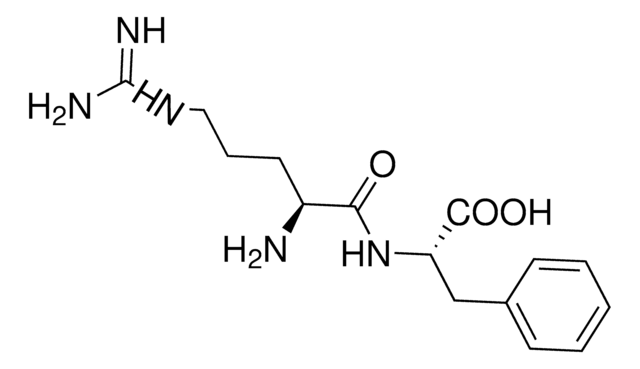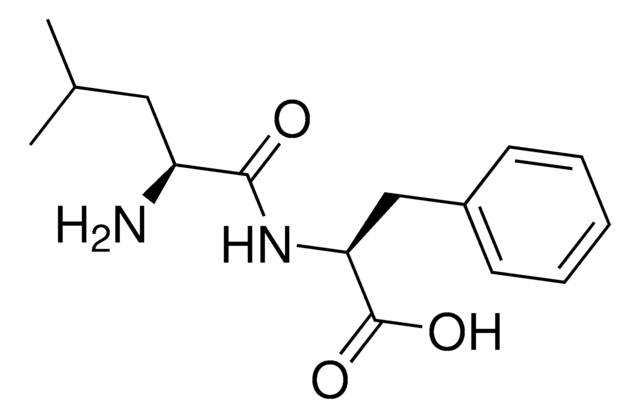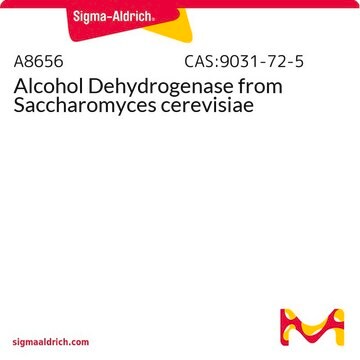SMB01352
Prolylphenylalanine
≥95% (HPLC)
Synonym(s):
Pro-Phe, N-L-Prolyl-L-phenylalanine, N-Prolylphenylalanine, L-Prolyl-L-phenylalanine, Proline phenylalanine dipeptide, Proline-phenylalanine dipeptide, Prolyl-phenylalanine
About This Item
Recommended Products
Quality Level
Assay
≥95% (HPLC)
form
solid
color
white to beige
mp
250—251 °C
storage temp.
2-8°C
SMILES string
OC(=O)C(Cc1ccccc1)NC(=O)C2CCCN2
Looking for similar products? Visit Product Comparison Guide
General description
Application
Features and Benefits
- Suitable for Metabolomics and Biochemical research
- High-quality compound suitable for multiple research applications
Other Notes
Storage Class Code
11 - Combustible Solids
WGK
WGK 3
Flash Point(F)
Not applicable
Flash Point(C)
Not applicable
Choose from one of the most recent versions:
Certificates of Analysis (COA)
Don't see the Right Version?
If you require a particular version, you can look up a specific certificate by the Lot or Batch number.
Already Own This Product?
Find documentation for the products that you have recently purchased in the Document Library.
Our team of scientists has experience in all areas of research including Life Science, Material Science, Chemical Synthesis, Chromatography, Analytical and many others.
Contact Technical Service








